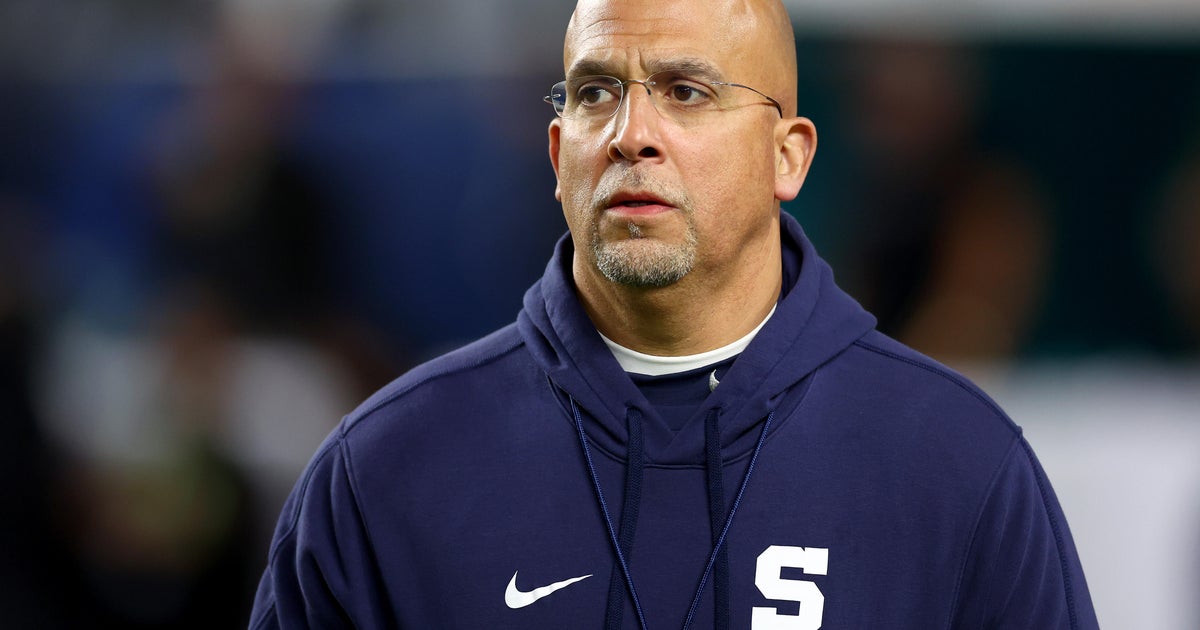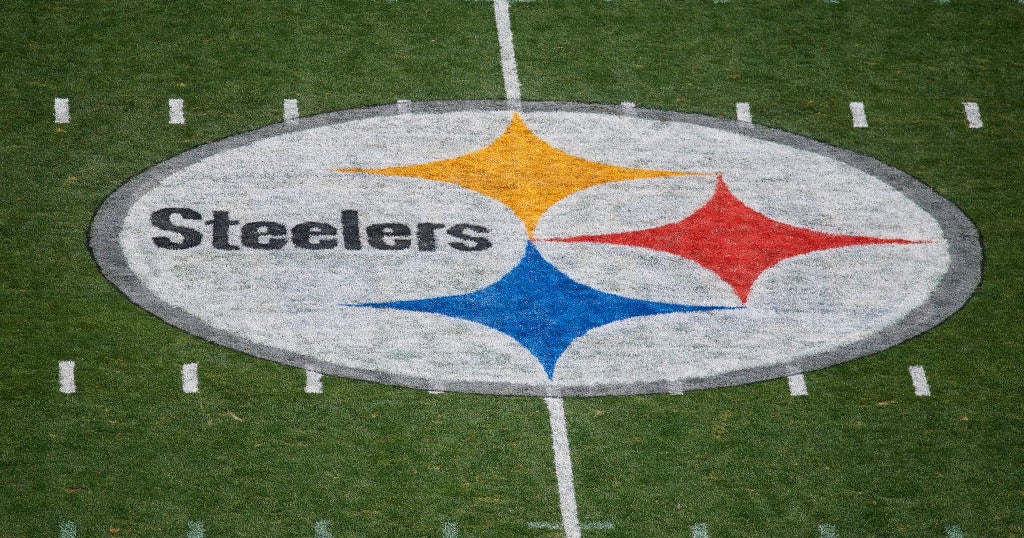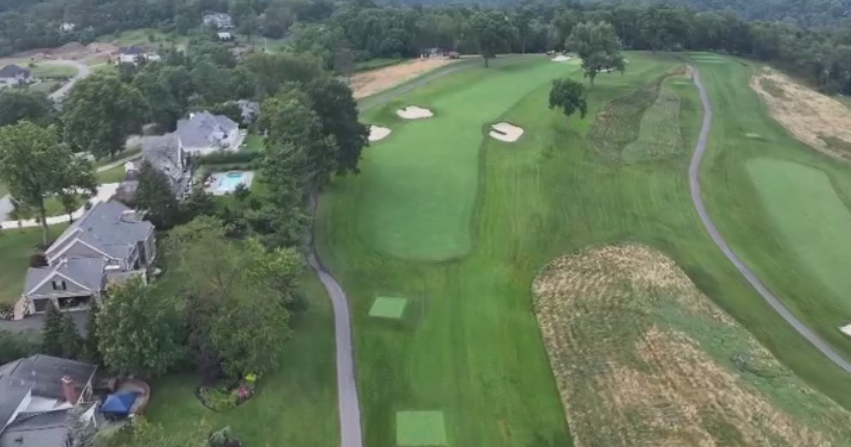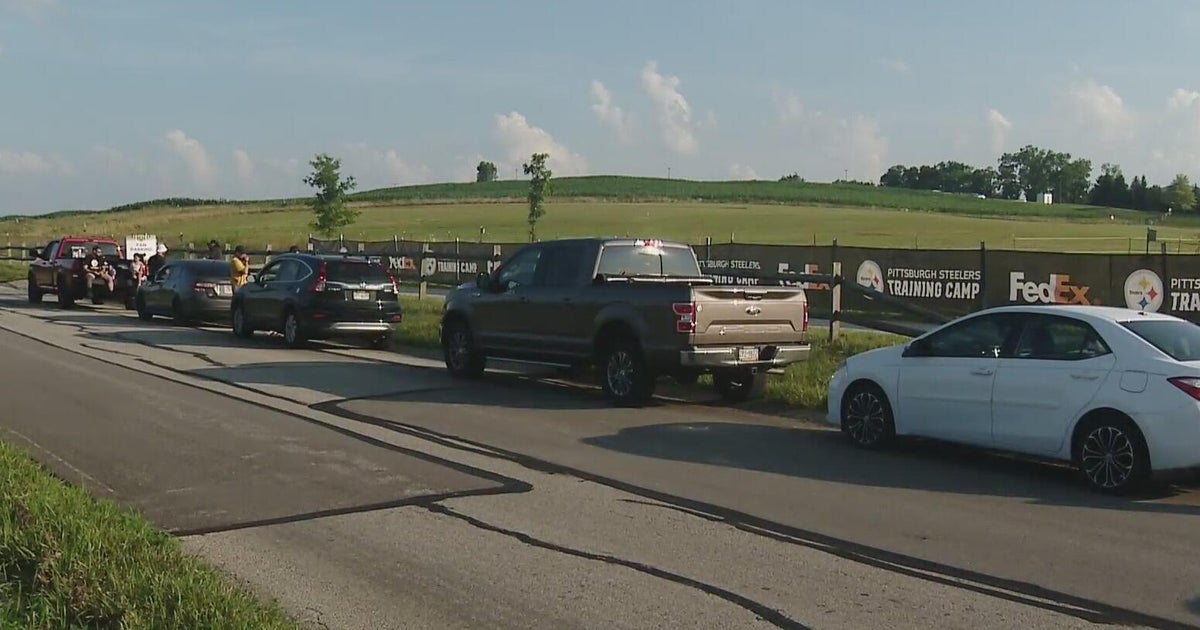Union Ruling Comes At Bad Time For NCAA
CHICAGO (AP/KDKA) - They're battling in courtrooms, and could one day meet over a bargaining table. About the only things the two sides in the debate over big-time college athletics agree on is that things are changing.
Schools bringing in hundreds of millions in television contracts. Coaches making he kind of salaries that the late UCLA legend John Wooden wouldn't recognize. Athletes insisting on rights, if not outright cash.
And now a union for football players at Northwestern that would previously have been unthinkable in college sports.
A ruling that the Northwestern football team can bargain with the school as employees represented by a union may not by itself change the way amateur sports operate. But it figures to put more pressure on the NCAA and the major conferences to give something back to the players to justify the billions of dollars the players bring in - and never see.
"While improvements need to be made, we do not need to completely throw away a system that has helped literally millions of students over the past decade alone attend college," The NCAA said in a statement.
There's huge money at stake - nearly $18 billion alone just in television rights for the NCAA basketball tournament and bowl games. Already fighting a flurry of antitrust lawsuits challenging its control of college athletics, the NCAA can't afford too many more defeats.
"This is a colossal victory for student athletes coming on the heels of their recent victories," said Marc Edelman, an associate professor of law at City University of New York who specializes in sports and antitrust law. "It seems not only the tide of public sentiment but also the tide of legal rulings has finally turned in the direction of college athletes and against the NCAA."
"I think it opens a plethora of issues," said Gus Sunseri, a local agent. "Starting with, if it's compensation that they're getting in scholarships, then the IRS will look at it, I would assume, as compensation that would be taxed."
For the NCAA, the timing of a National Labor Relations Board opinion allowing a union at Northwestern couldn't have been worse. In the middle of a tournament that earns schools close to $1 billion a year, it is being taken to task not only for not paying players, but for not ensuring their health and future welfare.
Add in revelations like Florida coach Billy Donovan's new $3.7 million-a-year contract and the $18,000 bonus that Ohio State athletic director Gene Smith got for one of the school's wrestlers winning an NCAA title, and some are frustrated with the NCAA's contention that everything it does is done for the benefit of athletes who play for the glory of their school.
"Fifty years ago the NCAA invented the term student-athlete to try and make sure this day never came," said former UCLA linebacker Ramogi Huma, the designated president of Northwestern's would-be football players' union. "Northwestern players who stood up for their rights took a giant step for justice. It's going to set a precedent for college players across the nation to do the same."
The players currently at Northwestern may have already graduated by the time the team gets a chance to bargain - if it ever does.
The Fan's Starkey and Mueller brought in Sports Illustrated's legal analyst Michael McCann to talk about what the immediate ramification's of these developments could be.
"It's the first step in the process that could lead to college athletes unionizing," McCann told us. "It is something that could be reversed later on. It's the first step in what could end up being a dramatically different world of college sports."
When it comes to the best route for the NCAA to take, McCann thinks working with the athletes outside of court is probably in their best interest.
"I think the NCAA would be in a better position if it takes ownership of this and comes to a resolution that they can portray as something of a victory. The danger for them in going to court is that a judge is going to decide their fate, and a judge who may not be an expert in college sports could end up determining college sports," said McCann. "I think that's a very risky proposition."
Michael McCann
The University of Pittsburgh has weighed in on this matter as well, releasing this statement earlier today.
It says: "The University of Pittsburgh remains committed to the concepts of amateurism and student-athletes that have always been the foundation of our athletic endeavors. We do not believe that treating student-athletes as employees will be beneficial for the students."
Former Pitt football player Andrew Taglianetti weighed in.
"It's going to be tricky. Cash is king. There's some out there, the money is not the issue, but I just can't see the NCAA or universities paying student athletes," Taglianetti said. "I think instead of just providing money up front, I think the NCAA needs to reform how they define benefits. I think they should open up ways for student athletes to go out there and make extra money on top of their scholarship."
According to federal law, Northwestern football players have 30 days from Wednesday's decision to vote on whether to authorize on whether to formally authorize the College Athletes Players Association, or CAPA, to represent them. But Northwestern is expected to appeal the landmark ruling to the National Labor Relations Board by an April 9 deadline, potentially stalling the union vote. The NCAA is also likely to continue to fight the description of college athletes as employees.
"We frequently hear from student-athletes, across all sports, that they participate to enhance their overall college experience and for the love of their sport, not to be paid," the NCAA said in a statement.
It was that love of the sport that drew outgoing Wildcats quarterback Kain Colter - as well as a scholarship worth up to about $75,000 annually. But Colter, backed by lawyers with the United Steelworkers union, began the union push after growing disenchanted with the time demands placed on him in football that forced him to drop his plans to go to medical school.
Colter also worried about the long-term health risks of football long after players have left school. Players have said they want more research into concussions and other traumatic injuries and insurance and guarantees that they will be covered for medical issues later in life. They also want money for continuing education and for schools to offer four-year scholarship deals instead of year-to-year pacts.
"If we are making sacrifices like we are, we should have these basic protections taken care of," Colter told ESPN. "With the sacrifices we make athletically, medically and with our bodies, we need to be taken care of."
One day that could mean money, over and above the $2,000 extra annual stipend that NCAA president Mark Emmert proposed but failed to get implemented over the objections of small-budget schools. There's plenty to go around, with a $10.6 billion contract for television rights to the NCAA basketball tournament and a recent $7.2 billion deal for football bowl games.
The NLRB ruling described how the life of a Northwestern football player is far more regimented than that of a typical student, down to requirements about what they can eat and whether they can live off campus or purchase a car. At times, players put 50 or 60 hours a week into football, the ruling said, qualifying them to be treated as employees of the university and eligible for a union.
By itself, the ruling could be little more than an irritant to private universities and the NCAA. But combined with the antitrust lawsuits - one filed just last week by a prominent attorney called the organization an "unlawful cartel" - they present a clear challenge to the unique way college sports operates.
The model of coaches and administrators making millions while the athletes providing the labor are paid in room and board and books is one that could be difficult to defend in court.
One of those suits, filed by former UCLA basketball star Ed O'Bannon, is scheduled for trial June 9 in California and is being carefully watched by those on both sides of the issue. O'Bannon, who led his team to the national championship in 1995, sued after seeing his likeness in a video game licensed by the NCAA without his permission.
"It's never been about monetary gain," O'Bannon told The Associated Press earlier this week. "It's all about changing the rules and making sure the players, both present and former, are represented as well."
RELATED LINKS
More Sports News
More Reports From Bob Pompeani
Join The Conversation On The KDKA Facebook Page
Stay Up To Date, Follow KDKA On Twitter
More Sports From The Fan
Like The Fan On Facebook
Follow The Fan On Twitter
(TM and © Copyright 2014 CBS Radio Inc. and its relevant subsidiaries. CBS RADIO and EYE Logo TM and Copyright 2014 CBS Broadcasting Inc. Used under license. All Rights Reserved. This material may not be published, broadcast, rewritten, or redistributed. The Associated Press contributed to this report.)



